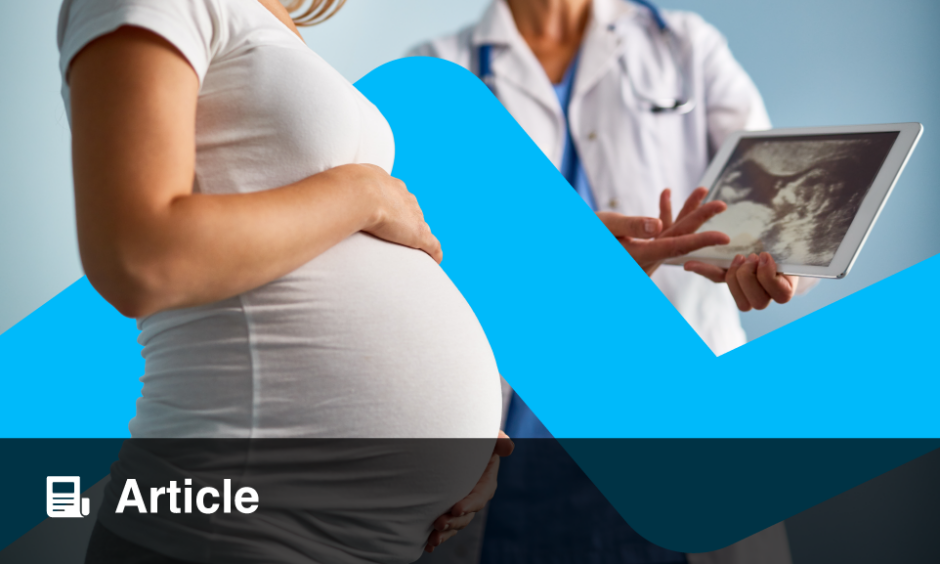GROUNDBREAKING research has revealed a significant link between exposure to PM2.5 air pollution during pregnancy and low birth weight in newborns. Conducted by researchers from the Hebrew University’s School of Public Health and Hadassah Medical Centre, Jerusalem, Israel, the study emphasises the critical need for enhanced air pollution controls to protect pregnant women and children.
The research, led by Wiessam Abu-Ahmad and Hagai Levine, identified 84 studies worldwide, with 36 reporting on the association of PM2.5 with birthweight only, 21 on LBW only, and 27 on both. In total, the analysis comprised approximately 42 million births. The random effects meta-analysis revealed substantial heterogeneity among included studies.
Overall, research highlights a direct relationship between high levels of PM2.5 during pregnancy and an increased likelihood of babies being born with low birth weights. This is a significant concern, as low birth weight is linked to numerous health complications later in life, including heart disease, diabetes, and developmental issues. Analysis revealed stark regional variations in the impacts of air pollution on foetal development, underscoring the need for a localised approach in monitoring and mitigating air. Furthermore, the study found strong correlations in European studies, likely influenced by specific environmental and climatic conditions.
The researchers call for the urgent establishment of an updated national database in Israel to effectively monitor the effects of air pollution. Levien commented that “research highlights a direct relationship between high levels of PM2.5 during pregnancy and an increased likelihood of babies being born with low birth weights. This is a significant concern, as low birth weight is linked to numerous health complications later in life, including heart disease, diabetes, and developmental issues.” The discrepancies among global studies highlight the complexities of environmental health risks and the need for targeted research and policies.
Reference
Ahmad et al. Meta-analysis of fine particulate matter exposure during pregnancy and birth weight: Exploring sources of heterogeneity, Sci Total Environ, 2024;934:173205. [Epub ahead of print].








